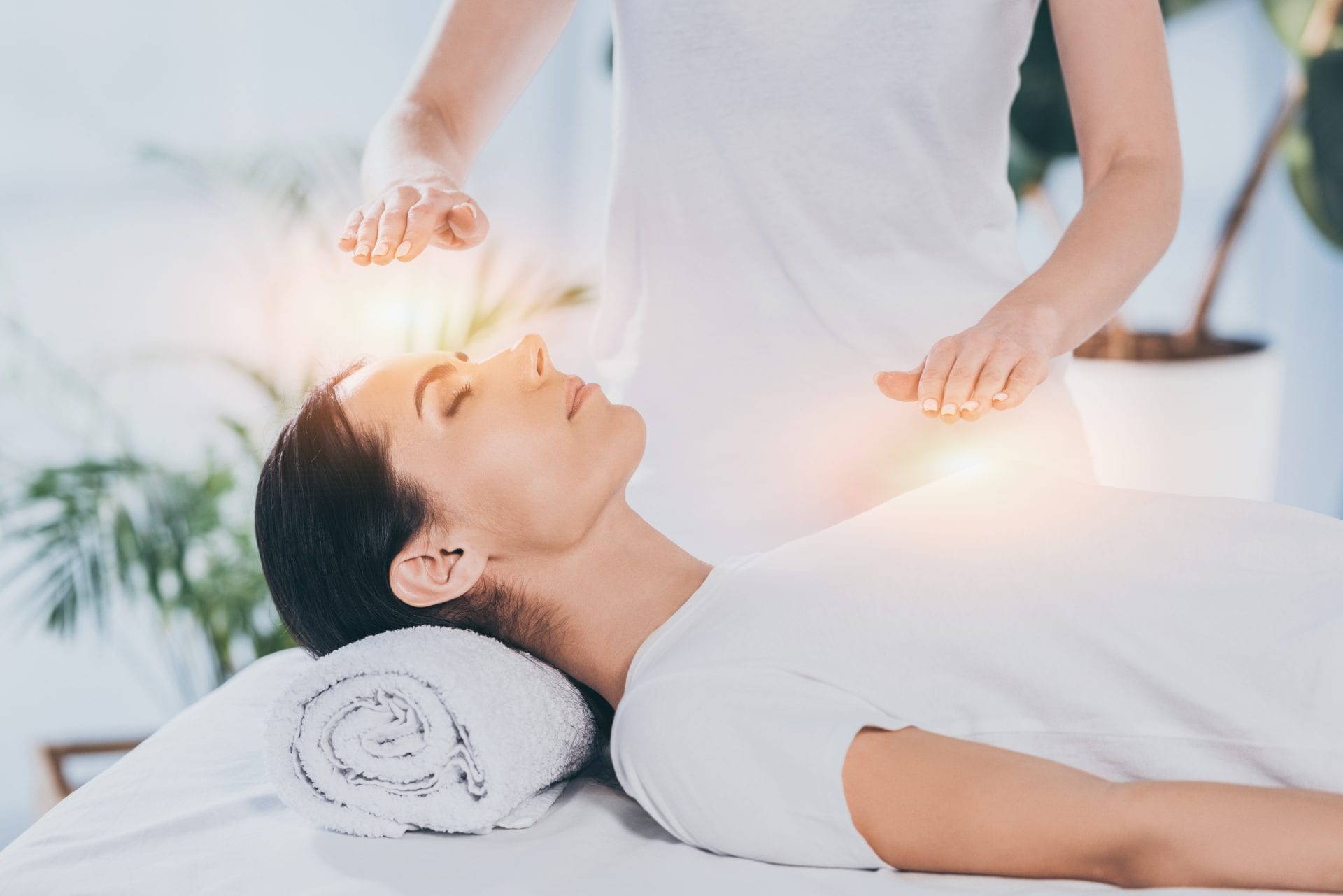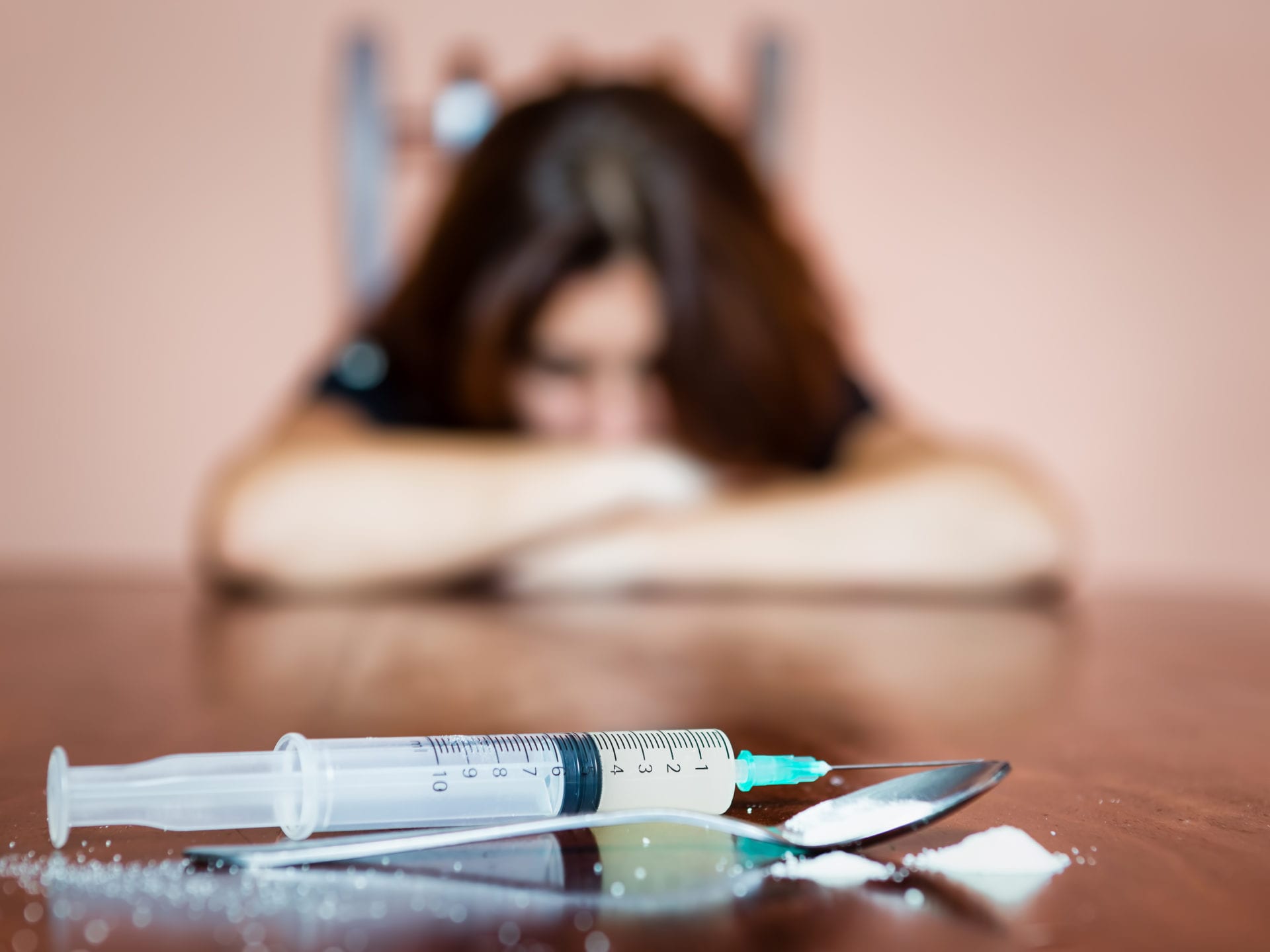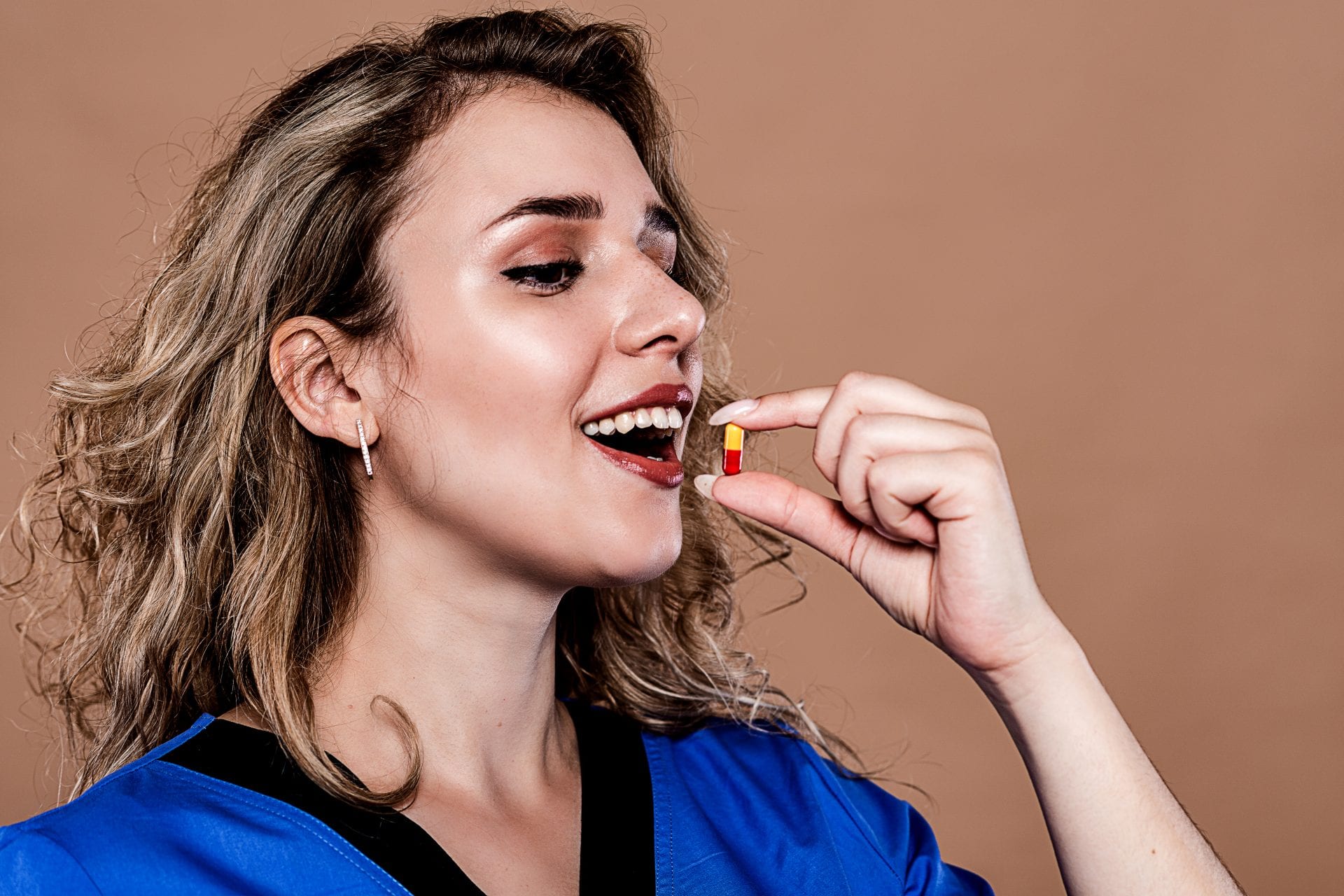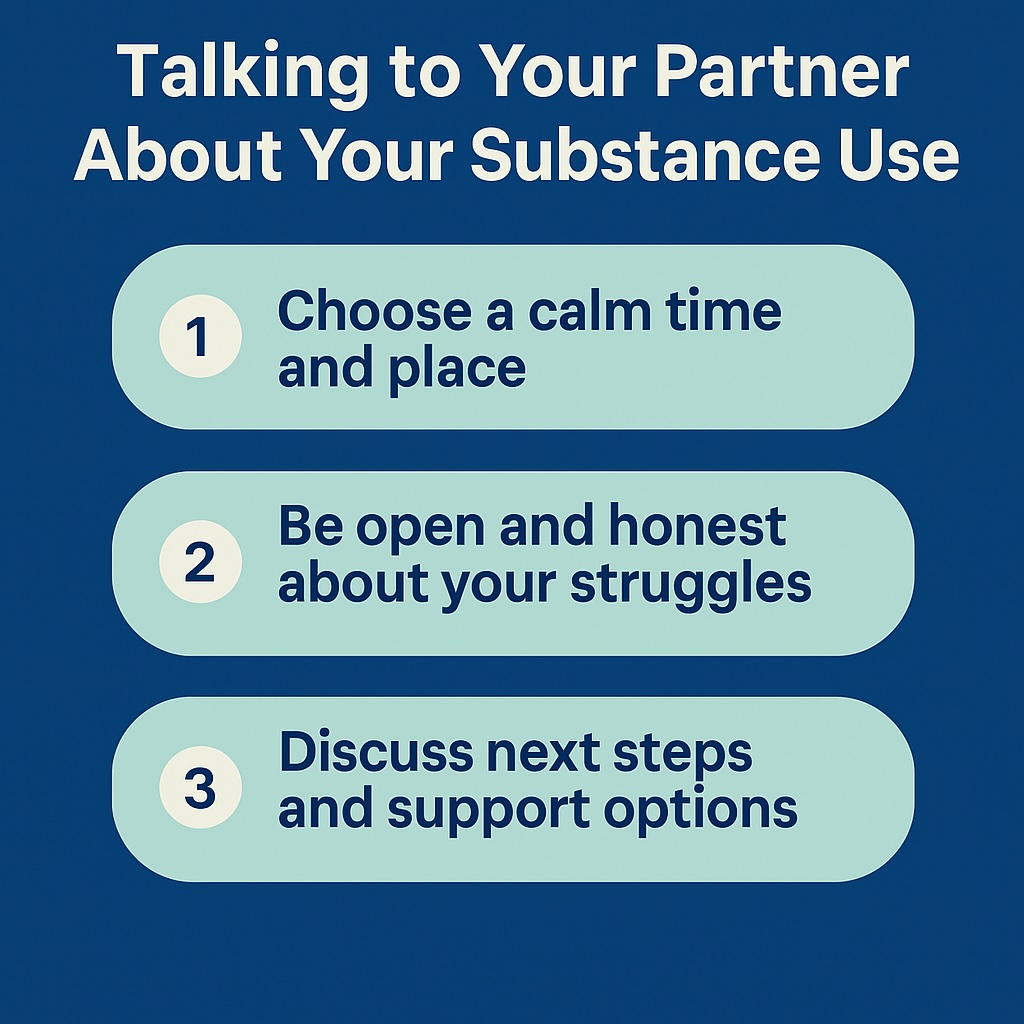Granted, it is difficult to watch your loved ones harm herself or himself by using alcohol or drugs. Even so, the addicted individual may unknowingly or accidentally take advantage of you. Those being taken advantage of are called codependents. And unless you find how to fix codependent relationships, you might be headed for a destructive and inherently dysfunctional relationship.
In your desire to please your partner, friend, family member, or loved one, you (the codependent) may facilitate the addiction rather than helping your loved one overcome it. In this case, both the codependency and addiction must be addressed. But before we delve into how to fix codependency, let’s define codependent relationships.
What Are Codependent Relationships?
Scientists say codependent relationships are a behavioral pattern where one person is a caregiver, and the other person takes advantage. One major sign is when your sense of purpose in life involves making big sacrifices to meet your partner’s or loved ones needs. Usually, one person will cater to the needs of the other to the extent of enabling their addictive habits.
Anyone can become codependent. Studies indicate that neglected or emotionally abused individuals are more likely to enter codependent relationships.
Signs of a Codependent Relationship
Knowing the warning signs is the first step towards determining how to fix codependent relationships. Look out for these signs that signify you might be in a codependent relationship:
- You find it hard to find satisfaction in your life outside of your partner or loved one
- You always need the approval of your partner or loved one to have a sense of purpose
- You stay with your partner or loved one irrespective of the unhealthy habits they exhibit
- You support your partner or loved one at the expense of your physical, emotional, and mental health
- You find yourself reacting to things rather than acting out of your own choice
- You are unaware of your needs or always reluctant to express your desires even though you’re aware of them
- A tendency to feel hurt when people don’t acknowledge your efforts
- A feeling of guilt when asserting yourself
- The need to control others
- You don’t trust yourself or others
- Fear of being rejected or alone
- Lying, deceit, and anger
Are Codependency and Addiction Related?
Codependency and addiction are closely related, as codependency often appears in relationships where one partner is addicted to drugs or alcohol. Drug addicts or alcoholics often have different problems stemming from their addiction, which include:
- Problems with money, work, and relationships
- High-risk habits
- The continuous need for emotional support.
As a result, the codependent partner goes out of his or her way to support the addict through all the ordeals. While a codependent partner may help the addict recover, the addictive behavior is unresolved, and the challenging life situations continue.
Codependency is not always connected with addiction, but for addicted individuals, there is usually a codependent. And, in most cases, the codependent exhibits addictive habits too. More frequently, though, one individual will be more addicted to a substance while the other will support them.
How to Fix Codependency in a Relationship
If you’re in a codependent relationship and looking for how to fix codependency, keep reading.
Codependency treatment is complicated since the codependent partner feels they are not causing any harm. In actuality, they see their actions as helping their spouse and do so to show their love. Hence it is essential to diagnose and manage codependency and addiction concurrently.
Treatment is given as a combination of couples therapy or family therapy and individual therapy, depending on the client’s needs.
Treatment goals include knowing how codependent actions affect the relationship, improving communication, making relational changes, and behavioral changes via planning and accountability.
How to Seek Help for an Addiction
Codependent treatments work great if it is left to the experts. Addiction therapists understand codependency and can help you dig down to know the depth of addiction. In a recovery center, an addicted individual can receive the care they need.
Cognitive-behavioral therapy, family therapy, peer support, group therapy, and dialectical behavioral therapy are just a few of the treatment programs we offer.
At Anchored Tides Recovery, we help women find how to fix codependent relationships and addiction. Our goal is for women to live healthily and access long-term recovery treatments by offering a unique treatment center with professional staff and enhanced treatment options designed by women for women.
Reach out to us today to begin your journey to recovery.







































